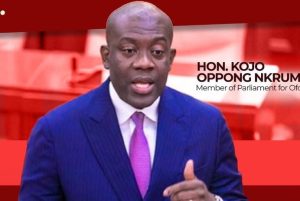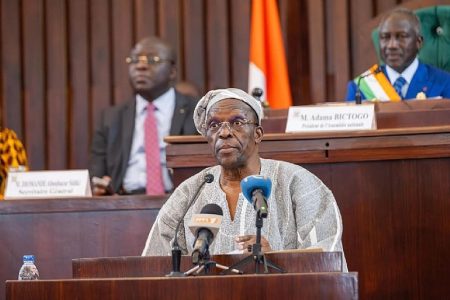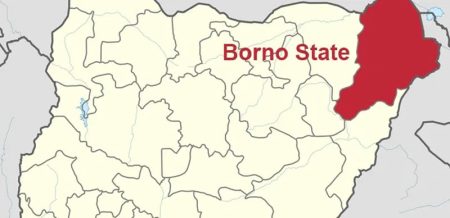The Akwa Ibom State Government has unequivocally dismissed the resurgence of disputes regarding the ownership of 76 offshore oil wells, emphasizing the finality of the Supreme Court’s 2012 decision on the matter. This long-standing contention, originally sparked by boundary adjustments and political interventions, culminated in the Supreme Court decisively awarding ownership to Akwa Ibom, thereby rejecting the claims of Cross River State. Recent reports suggesting a potential review of this ownership and a possible political settlement were swiftly countered by Akwa Ibom’s Commissioner for Information, Elder Aniekan Umanah, who firmly reiterated the Supreme Court’s unassailable authority and the binding nature of its ruling. The matter, according to the state government, is definitively closed.
The historical context of this dispute traces back to President Olusegun Obasanjo’s administration, which brokered a political solution regarding the oil wells. However, this solution proved unsatisfactory to the Cross River State government, then under Governor Liyel Imoke, leading to legal action against both the Federal Government and Akwa Ibom State. Cross River’s argument hinged on the contention that certain oil wells promised under the 2006 agreement were not relinquished. This legal battle intensified following the ceding of the oil-rich Bakassi Peninsula to Cameroon in 2008, a decision that stripped Cross River of its littoral status, a key factor in its claim to the offshore wells.
The Supreme Court, under the leadership of then-Chief Justice Dahiru Musdapher, delivered a comprehensive ruling in July 2012, affirming the Revenue Mobilisation, Allocation and Fiscal Commission’s (RMAFC) decision to attribute the oil wells to Akwa Ibom. The court underscored the significance of Cross River’s loss of maritime territory due to the Bakassi handover. Justice Adekeye, in delivering the judgment, explicitly stated that Cross River, being landlocked, could not lay claim to offshore oil wells within a maritime territory. The court maintained that government agencies, including the National Boundary Commission and the RMAFC, must base their decisions on existing geographical and political realities.
Akwa Ibom State maintains that it was not the initiator of the legal proceedings, further emphasizing the finality of the Supreme Court’s verdict. Commissioner Umanah stressed the importance of disregarding any rumors or claims contrary to the established legal position. The state government perceives the renewed controversy as an unnecessary distraction from ongoing developmental efforts. Umanah used the opportunity to highlight the progress being made under Governor Umo Eno’s administration, emphasizing the tangible results of the ARISE Agenda across various sectors. He pointed to advancements in education, agriculture, rural development, youth empowerment, security, micro, small and medium enterprises (MSMEs), and road infrastructure, presenting these as evidence of the positive impact of the governor’s policies.
The Akwa Ibom government’s firm stance serves to underscore the sanctity of Supreme Court decisions and the importance of upholding the rule of law. The 2012 ruling effectively settled the ownership of the 76 oil wells, providing Akwa Ibom with legal certainty and allowing the state to focus on its development agenda. The reiteration of this stance aims to quell any lingering uncertainties and discourage further challenges to the established legal framework. The state government’s commitment to its development initiatives, as highlighted by Commissioner Umanah, underscores its focus on leveraging its resources, including the revenue from these oil wells, for the benefit of its citizens.
The government’s emphasis on the positive outcomes of the ARISE Agenda serves to reinforce its message of progress and stability. By highlighting these achievements, the administration aims to demonstrate its commitment to fulfilling its promises to the people of Akwa Ibom. This approach not only underscores the practical benefits of adhering to the rule of law but also reinforces the government’s dedication to utilizing the state’s resources for tangible and measurable improvements in the lives of its citizens. The focus on development initiatives, ranging from infrastructure projects to empowering local businesses, underscores the government’s commitment to building a stronger and more prosperous Akwa Ibom.














